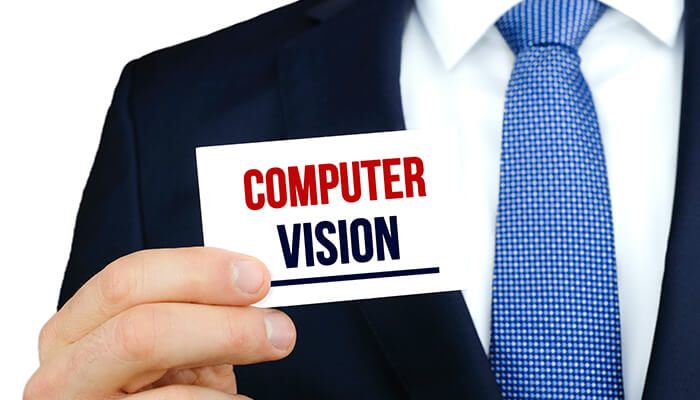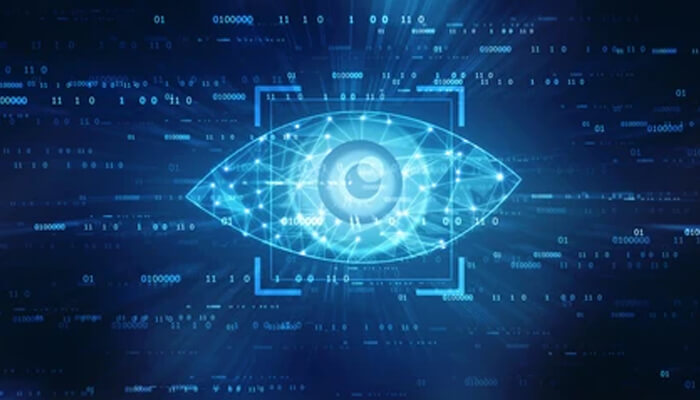What is computer vision?
Computer vision is an Artificial Intelligence subset that equips a machine. This machine allows for identifying, seeing, detecting, and labeling objects. It works the same as humans. Human beings can see an image; and get extra information about any object.
On seeing the image or identifying the details of the object, you get a lot of details. It includes where it is and how it looks. This means the computer vision recognizes and identifies the objects, besides the characteristics. It recognizes the size, color, shape, background, spatial arrangement, texture, background objects, etc. It highlights the importance of computer vision in businesses.
6 ways to use computer vision
Computer vision systems help track objects, detect, crowd dynamics, and facial recognition, using artificial intelligence. It is helpful in 6 ways such as:
1. Manufacturing
Manufacturing units commonly face two issues such as product defects and assembly line disruption. The advantage of this system is it analyzes visual information and predicts the downtimes of the machine. It also stops disruption among employees on the shop floor.
Computer vision systems feature artificial intelligence that monitors production. It helps alert supervisors and spot defects with ease as it detects defects fast.
2. Law and order/ public safety
Computer vision systems are strategically placed in public places to ascertain law and order. During criminal activities and accidents, these systems identify the culprit.
It is possible to count the people who pass during a vital implementation using a computer vision systems application. It is helpful and ensures safety measures.
3. Retail
A widespread acceptance is for computer vision systems, and implementation is high in the Retail Industry. A few ways those retailers can use computer vision:
1. Customer movement tracking to get insights into the store product visibility and the aisle arrangements efficacy helps market research.
2. Determining gender or age gets a grasp of customer demographics.
3. The computer vision system’s strategic placement helps trace theft measures.
4. Facial expression, eye movement, and hand gestures help recognize products and other customers, no matter if they buy them or not.
5. The algorithms of computer vision generate the inventory accurate picture. Business leaders find it helpful to integrate with product management and to place orders.
4. Automotive
Electric vehicles and self-driving cars are on the horizon as per market research. They use computer vision to identify objects while riding the car and accordingly take action.
5. Healthcare
The early adopters are the Healthcare sector of computer vision systems. The imaging tools feature computer vision and they diagnose ailments such as neurological malfunctioning, tumors, cancers, etc.
These tools help identify Autism or dyslexia in a child in its early stages. It also helps safe navigation indoors for visually impaired people. The insurance industry is another big sector verifying the insurance claims authenticity. Fortunately, computer vision assists in identifying legal claims by analyzing images and forwarding them to the exact person. Investment companies make preemptive risk management by developing apps that prevent collisions by sending breakdown alerts.
6. Agriculture
Computer vision systems alleviate recurring problems in the agriculture sector. It takes charge of the weed control on the farm, soil quality, insect and disease infestation, etc. The farmers can take quick action or use robots equipped to spray pesticides and herbicides only in areas relevant. Business leaders are happy to use computer vision systems.




